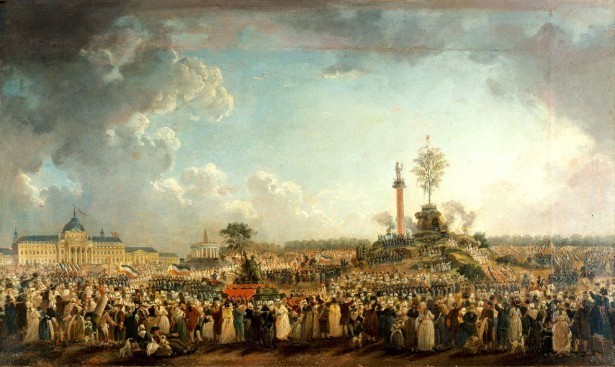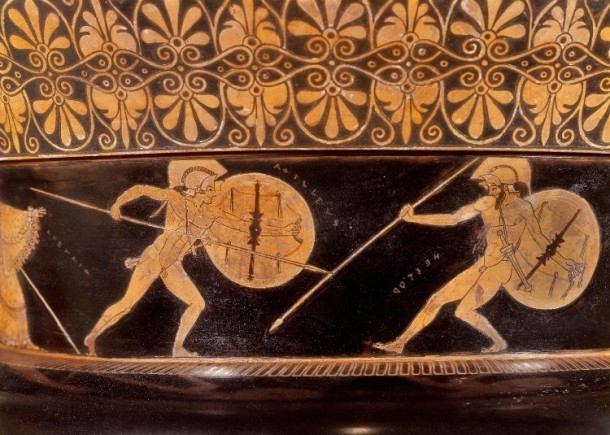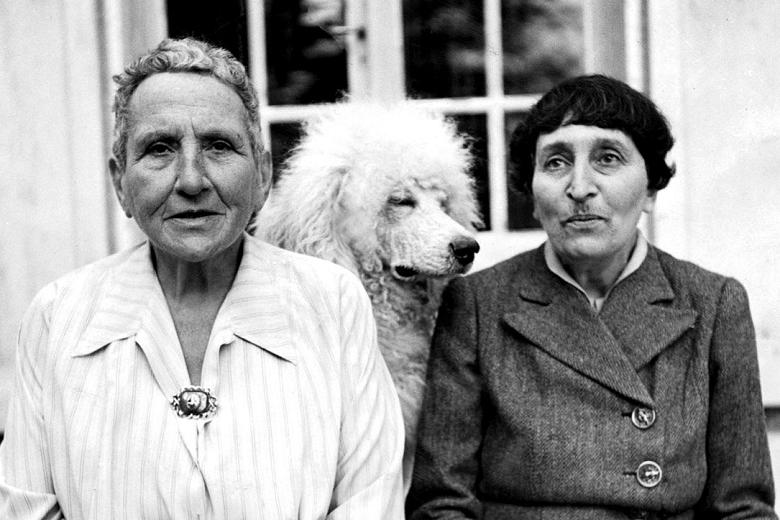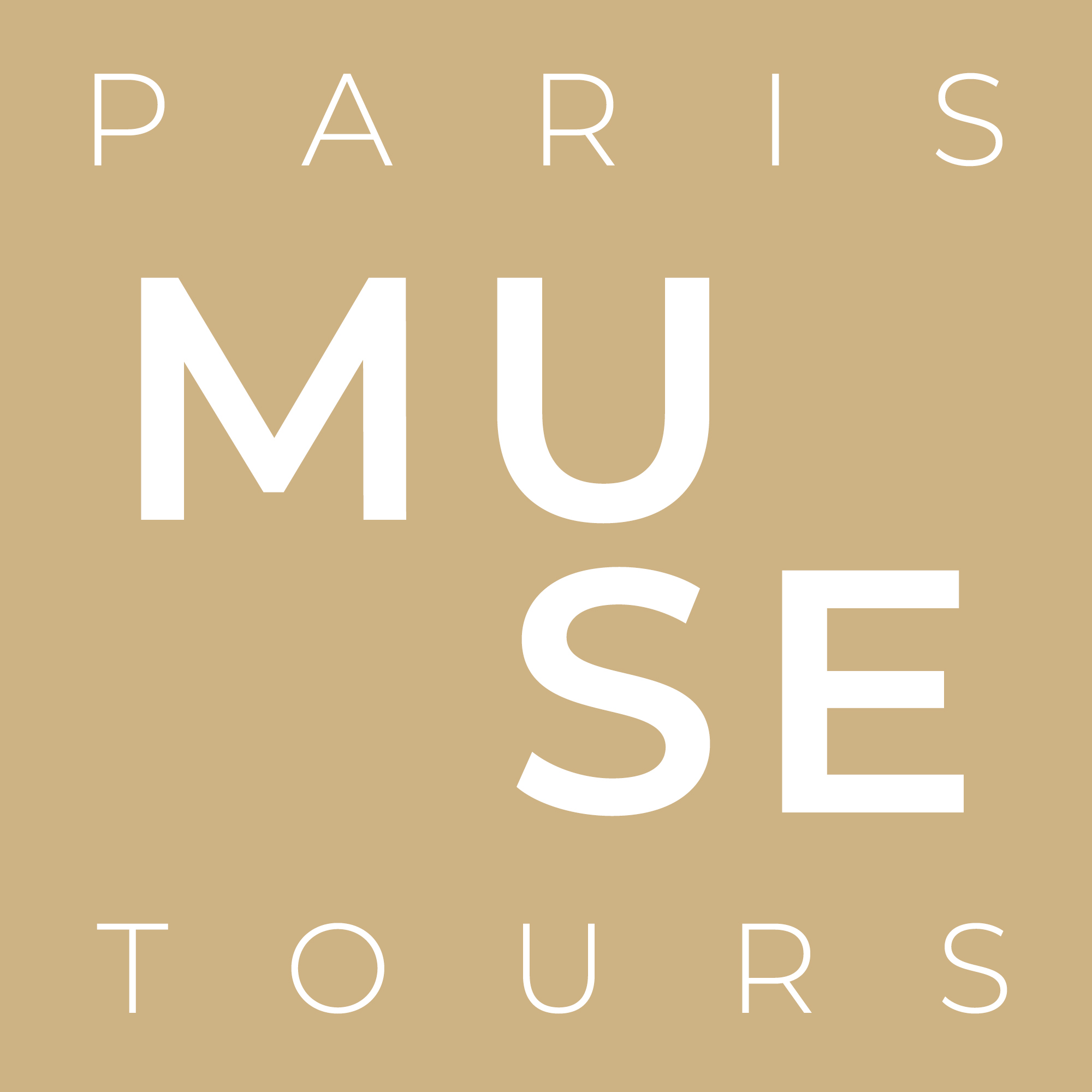For holiday gift inspiration, we asked our well-read educators to share some of their favorite books.
“Good books, like good friends, are few and chosen; the more select, the more enjoyable.”
–Louisa May Alcott
First and foremost, we’d like to take the opportunity to recommend Matisse’s Sculpture: The Pinup and the Primitive, written by our founder Ellen McBreen (Yale University Press, 2014). We’re especially proud of its inclusion in the New Statesman’s Books of the Year 2014, where Craig Raine writes, “For once, you think the art historian is not making things up, flourishing a file index of abstruse scholarship, but giving you the goods–not showing off but showing you where Matisse got his ideas from.” This sums up one of the founding principles of Paris Muse.
To accompany our Historic Heart of Paris tour, Jason Nguyen recommends Festivals and the French Revolution, by Mona Ozouf (Harvard University Press, 1991). This book explores the 18th-century festivals that give us critical insight into the French Revolution and a society in the process of re-inventing itself.

Our medievalist Troy Tice suggests The Greater Journey: Americans in Paris, by David McCullough (Simon & Schuster, 2012). Learn all about the Louvre and Impressionism through the experiences of Americans in 19th-century Paris. We hope this book does for you what it has done for Troy: heighten your understanding and appreciation of Paris and Parisians.

Ann Kaplan recommends a riveting take on the Trojan War, the subject of The Song of Achilles by Madeline Miller (Ecco, 2012). What sets Miller’s version apart from the Iliad is her ability to infuse life into a cast of ancient Greek characters, making them approachable for the modern-day reader. Ann recommends it as a human novel about the complexities of love and war. Miller’s book will familiarize you with the gods and goddesses of Greek myth who you may meet on your next visit to the Louvre.

Sarah Bachelier enjoyed The Autobiography of Alice B. Toklas, by Gertrude Stein (Vintage, 1990). Although written by Stein, the book is narrated by her partner Alice B. Tolkas, and tells the story of their life in Paris before, during and after both World Wars. Sarah particularly enjoyed it as a riveting tale about the origins of modernism, as told by one of its major benefactors. A great read, not only for gossip about the giants of the art world in Stein’s day, but also as an introduction to the ideas shaping early 20th-century art, explored in our Masterpieces of Modern Art at the Pompidou Center.
For Paris history buffs, Kristen Laakso choose Joan DeJean’s How Paris Became Paris: The Invention of the Modern City (Bloomsbury, 2014). Many city histories focus on the urban renovations of the 19th century. DeJean convincingly demonstrates the much earlier 17th-century origins of several features defining today’s city, like the ordered layout and bridges which transformed Paris into the first great walking city of Europe. Kristen recommends this as a solidly-researched, richly illustrated history, from an author with an obvious passion for the textures of the city.
Bonne lecture!





